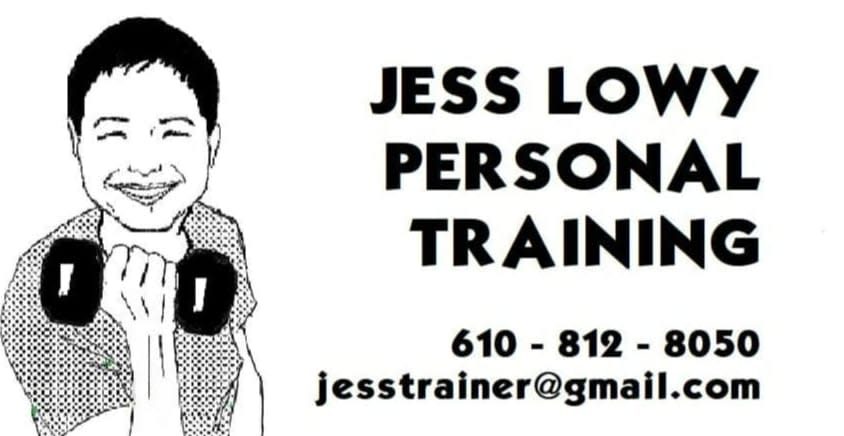Get Fit and Stay on Track with Fitness Assessments: Everything You Need to Know

When it comes to getting in shape, it's important to have a clear understanding of where you're starting from. Fitness assessments can be a great tool for measuring your current fitness level, identifying areas of strength and weakness, and setting goals for improvement.
So what exactly is a fitness assessment? Simply put, it's a series of tests and measurements that evaluate your overall fitness and health. This can include measurements of your body composition, cardiovascular fitness, muscular strength and endurance, flexibility, and balance.
Some common fitness assessments include:
- Body composition analysis: This measures the percentage of body fat versus muscle mass in your body. It can be done using a variety of methods, such as skinfold calipers, bioelectrical impedance analysis (BIA), or dual-energy x-ray absorptiometry (DXA).
- Cardiovascular fitness testing: This measures your ability to perform sustained physical activity, such as running, cycling, or swimming, at different intensities. Common tests include the VO2 max test, the Bruce protocol treadmill test, or the 12-minute run test.
- Muscular strength and endurance testing: This measures the amount of force your muscles can generate and how long they can sustain that force. Examples include the bench press test, the push-up test, or the plank hold test.
- Flexibility and balance testing: This measures your range of motion and your ability to maintain stability and control during movement. Tests may include the sit-and-reach test, the shoulder flexibility test, or the single-leg balance test.
Once you've completed a fitness assessment, you'll have a better understanding of your current fitness level and where you need to improve. This can help you set realistic goals and design a workout program that's tailored to your individual needs.
It's important to note that fitness assessments should always be done under the guidance of a qualified fitness professional. They can help ensure that the tests are conducted safely and accurately, and can provide guidance on how to interpret the results.
So if you're looking to get serious about your fitness, consider scheduling a fitness assessment. It's a great way to get a baseline measurement of your current fitness level and set goals for improvement. With the right guidance and a little hard work, you can achieve your fitness goals and improve your overall health and well-being.
Contact Me
Start Moving
Send me a message an begin your exercise jouney
